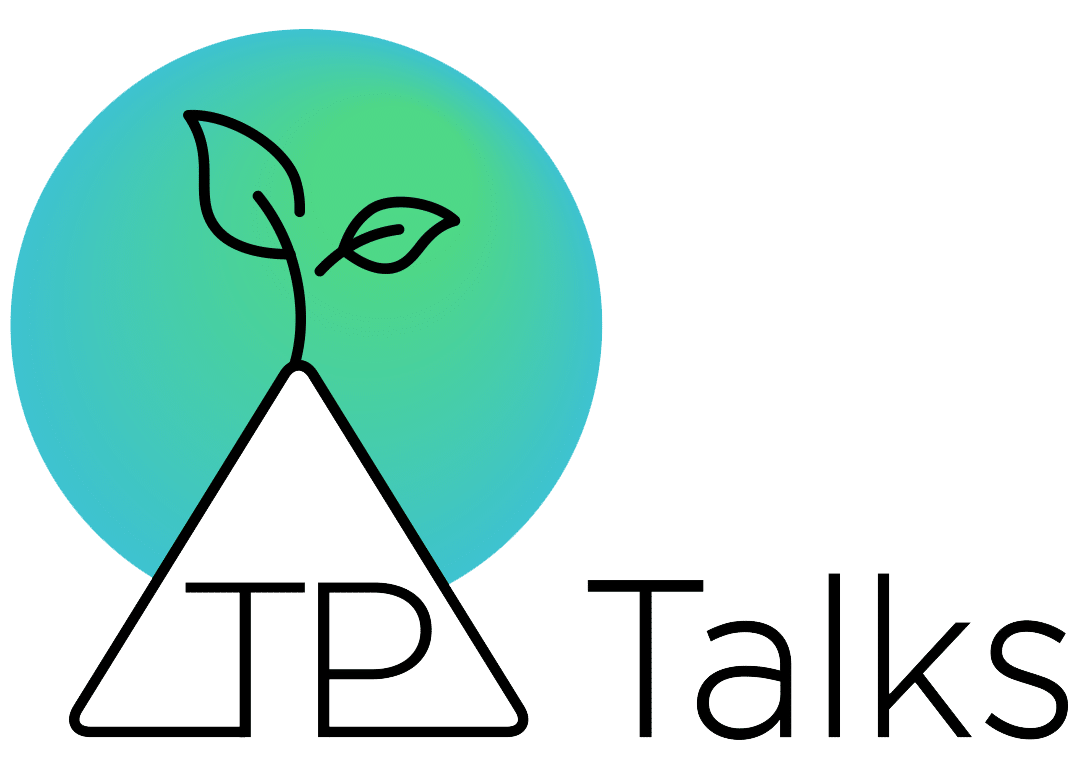Stepping into a new country with career dreams in your suitcase? Your bilingual skills are more valuable than you think. When it comes to bilingual networking abroad, many professionals focus solely on language proficiency, missing the bigger picture.
Your ability to bridge cultures opens doors that others might not even see. In today’s borderless business world, effective networking transcends basic translation – it’s about creating meaningful connections that span continents.
Whether you’re an experienced expat or just starting your international journey, mastering the art of cross-cultural networking can transform casual conversations into career-changing opportunities..
Understanding the Global Networking
Take a moment to consider how a simple business lunch varies across cultures. While Americans dive straight into business talk, your Japanese colleagues might spend the entire meal building rapport. These cultural nuances shape every networking interaction abroad. Recent data shows that professionals who understand these differences are 45% more likely to secure international positions.
Your bilingual abilities give you a unique edge in navigating these cultural waters. Global businesses actively seek professionals who can bridge cultural gaps, especially in emerging markets where personal relationships often precede business dealings. By understanding these cultural expectations, you transform casual connections into valuable professional relationships.
Leveraging Your Cultural Bridge Advantage
Cultural Intelligence in Action
Picture walking into an international business conference. While others stick to their comfort zones, you move fluidly between groups, adjusting your approach as needed. Your ability to read subtle cultural cues sets you apart. When Spanish colleagues greet with two kisses, or German partners prefer a firm handshake, you adapt naturally.
Strategic Language Switching
Beyond basic translation, your language skills create instant rapport. But timing matters. Switch languages strategically – perhaps opening in the local language before transitioning to business discussions in English. This demonstrates respect while maintaining professional clarity. Pay attention to hierarchy too – in many Asian cultures, addressing seniors requires more formal language than peer interactions.
Remember: your cultural adaptability isn’t just a skill – it’s your ticket to building authentic connections across borders. These nuanced interactions often lead to opportunities that monolingual professionals might miss entirely.
Digital Networking Strategies for Global Professionals
Ditch the standard “connect and forget” approach on LinkedIn. Your digital presence needs to reflect the diverse markets you target. Start by auditing your online profiles through a global lens. That photo of you presenting at a conference? Add a bilingual caption that resonates with international audiences. Share industry insights in multiple languages, but keep it strategic – perhaps alternate between markets to maintain steady engagement.
Transform your social proof by highlighting cross-border projects. When sharing achievements, showcase how your bilingual networking skills bridged gaps or solved unique challenges. This proves your value proposition to potential connections who operate across markets.
Building Cross-Cultural Professional Relationships
Ever noticed how some connections feel forced while others flow naturally?
Drop the cookie-cutter networking scripts. Your authentic self speaks volumes across cultures. Start with shared professional interests, then weave in cultural elements that demonstrate your global mindset.
When reaching out to international professionals, research their local business customs. Some cultures value formal introductions through mutual connections, while others appreciate direct outreach. Match their communication style – whether that’s the formal tone preferred in German business circles or the relationship-focused approach common in Latin America.
Navigating Industry Events and Professional Groups
Making the Most of Events
Skip the business card shuffle at international conferences. Instead, position yourself as a cultural connector. Spotted two professionals struggling with a language barrier? Step in as a bridge. These organic moments often spark the most valuable connections.
Create your own networking opportunities by joining professional groups that align with your target markets. Virtual events have transformed networking abroad – use them to build relationships before you even land in a new country. But remember: different time zones demand strategic planning. Schedule your participation when your target market is most active.
Track industry trends across your language markets and bring these insights to group discussions. This positions you as a valuable resource who understands multiple business landscapes, not just another networker expanding their contact list.
Maintaining International Networks
Gone are the days of static contact lists. Your global network thrives on consistent, meaningful engagement. Create a system that respects time zones and cultural calendars. Set reminders for important business holidays across your target markets – a simple greeting during Lunar New Year or Diwali shows cultural awareness and strengthens connections.
Mix up your outreach. Share market-specific insights that matter to your international contacts. Perhaps you’ve spotted a trend in your local market that could impact their business. These valuable exchanges keep you relevant in their professional sphere while showcasing your bilingual networking expertise.
Converting Connections into Opportunities
Transform casual conversations into career catalysts. When approaching international opportunities, leverage your network strategically. Your bilingual capabilities open doors – but your professional relationships push them wide open. Pay attention to how different cultures approach job referrals. Some markets rely heavily on personal recommendations, while others follow strict formal processes.
Before requesting support from your network, understand the cultural implications. In some countries, asking for referrals too early can damage relationships. Build genuine rapport first, then align your asks with local business etiquette. Remember – your global network isn’t just about job hunting. It’s about creating lasting professional relationships that evolve with your career.
Taking Action: Your Global Networking Strategy
I’ve guided countless professionals through international career transitions, and one truth stands clear: successful networking abroad starts with intentional action. Your bilingual skills already set you apart – now it’s time to transform them into meaningful connections.
Ready to elevate your global networking game? Start by implementing one strategy from each section above. Focus on quality over quantity, and remember that building international relationships takes time. The connections you nurture today could open doors tomorrow.
Want to dive deeper into cross-cultural networking strategies? Book a consultation with me. Together, we’ll create a personalized plan to expand your professional reach across borders. Your next career breakthrough might be just one connection away.
Remember: Your bilingual abilities aren’t just skills – they’re your passport to global opportunities. Use them wisely, network authentically, and watch your professional world expand.
Stay up to date and never miss out.
Working across cultures isn’t easy. Our newsletter brings you practical insights on recruitment, onboarding, and outplacement—plus tools to help you manage international teams with confidence. Join today and stay ahead in global business.


